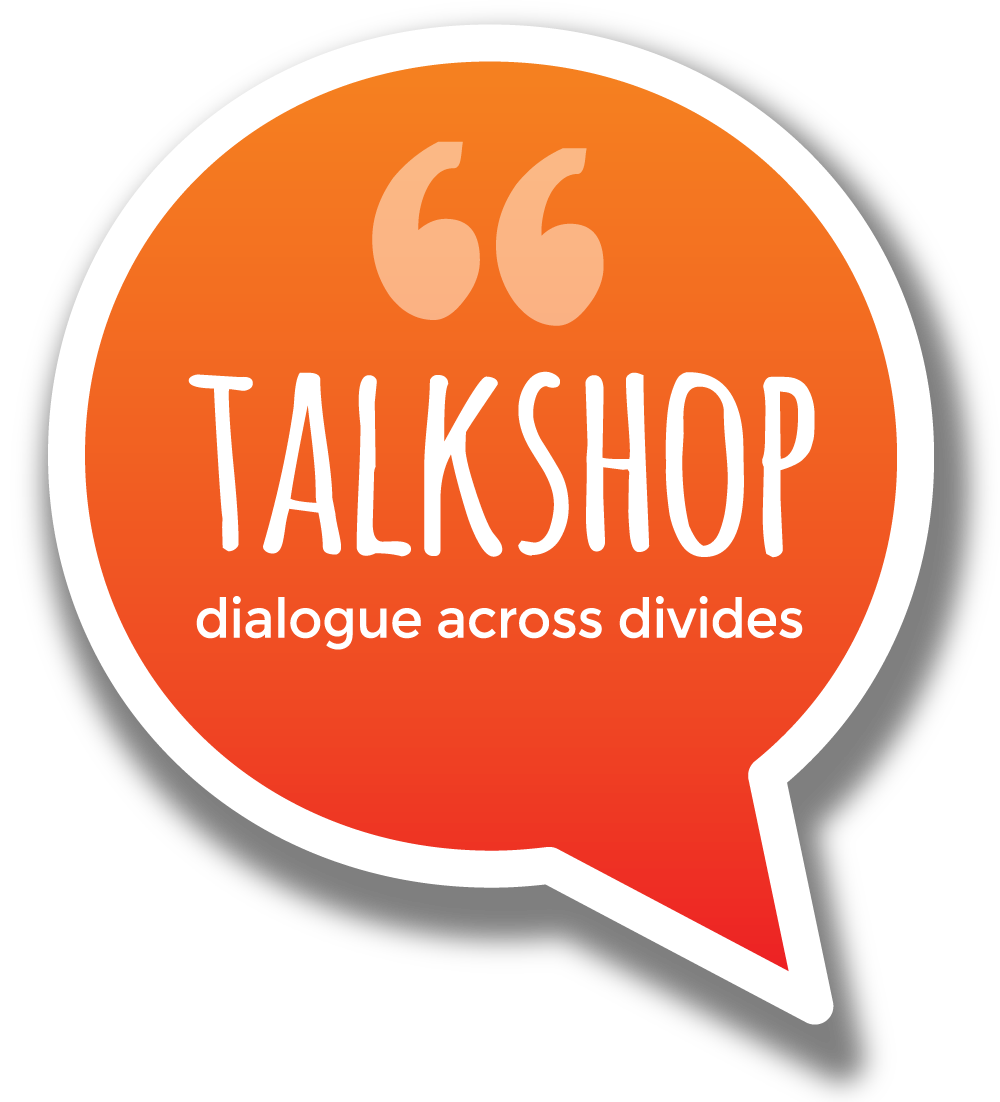Perry Walker writes: Initially, participating scientists, teachers, students, local government employees, councillors and activists, who took part in the Assemblies we organised, wondered: What is More Than Human? What happens at such an Assembly, and how does it work in terms of both the process and the outcomes? The Assembly of Humans and More Than Humans brings together all the species relevant to a particular situated and live issue. For example, whether to approve a […]
The Big DIY Assemblies at The Big One 2023
The Big One took place from Friday April 21st to Monday April 24th, mainly outside the Houses of Parliament. It was led by Extinction Rebellion (XR) but supported by over 200 other organisations, including Greenpeace, Friends of the Earth and PCS Union. Between 60,000 and 100,000 people took part over the 3 days. People’s assemblies are central to XR. (They differ from Citizens’ Assemblies, also central to XR, in being open to all, as opposed […]
Win-Win Workout on Intensive Poultry Units (IPUs) – going against the grain
Perry Walker writes: The Intensive Poultry industry in Herefordshire is enormous. 20-25% of UK chickens grown for their meat are raised in the county. At any one time, over 16 million chickens are reared in Intensive Poultry Units (IPUs) of over 40,000 birds. The cycle for raising chickens to slaughter is 42 days. In the course of a year over 7 batches are produced, in total over 112 million. The human population of Herefordshire is […]
Q for the Hereford Bypass
Introduction I’m Perry Walker. I live in Hereford. I spend much of my time helping people who think they disagree to find common ground. I wanted to study attitudes to the bypass, but didn’t think I could follow my usual practice of getting people into a room (this was back in 2019). So I needed an approach based on interviews. I chose Q Methodology, which, says Wikipedia, “ is a research method used in psychology […]
The Republic of Organisms
Perry Walker writes: In the German state of Bavaria, not far from Munich, is the city of Augsburg. In 1898, Augsburg was the birthplace of the theatre practitioner Bertolt Brecht. Marie-Pierre Leroux, my wife, an artist, and me went to Augsburg in February this year. We were taking part in the Brecht Festival. The focus of the event was a park in the city called Rote Torwallanlagen. The ecosystem of the park contains 49 species, […]
What happened at the Win-Win Workout predictive policing? You couldn’t have predicted it!
Win-Win Workout predictive policing Perry Walker writes: In the latest of our monthly Win-Win Workouts, the participants each represented one of six very different characters: Diana Sardjoe, Dutch founder of The Mother is the Key (De Moeder is de Sleutel) to make people more aware of predictive policing Brian MacDonald, CEO of Geolitica (formerly PredPol) which does hot spot mapping Will Douglas Heaven, senior editor for AI at the MIT Technology Review Cressida Dick, the […]
Initiatives and Deliberation (I&D)
Image by RL from Pixabay Perry Walker writes: Initiatives and Deliberation (I&D): A Proposal for a Democratic Innovation Introduction The name for this proposal is of course chosen to parallel I & R – Initiatives and Referendums. They were introduced in many US states between the 1890s and the 1920s. They were inspired by the Swiss system of referendums, which itself goes back no further than 1848. I chose the parallel in order to encourage […]
Organismendemokratie – The Parliament of Organisms
Perry Walker (who lives between Hereford & Berlin) writes: In part of Berlin called Wedding, next to a polluted main road, stands a small patch of ground. It is both very ordinary and highly remarkable. Ordinary because in its mix of trees, shrubs and plants it looks like many another overgrown plot. Highly remarkable because the More Than Humans that inhabit this soil influence what happens there. How on earth? They do so through a […]
Focusing on the things that unite us at Sheffield Compass
Sheffield Compass is one of the many local groups formed by supporters of Compass: for an equal, democratic and sustainable future. Our aim is to engage the three progressive parties in Sheffield, South Yorkshire and North Derbyshire to publicly commit to supporting candidates who stand for the five key principles of the Common Platform (see below), and in particular to work with them to target four Tory held seats: Penistone and Stocksbridge (Sheffield), Don Valley, Rother […]
The Win-Win Workout puts to sea
The Win-Win Workout puts to sea, getting to grips with the BBC Perry Walker writes: After 18 months in development, our launch event, which took place online last week, was on the future role and funding of the BBC. Participants represented a character such as Emily Maitlis or Paul Dacre. They sought to find ways forward that work for all the characters. This emphasis on common ground and on shared solutions fulfils the aim of […]
